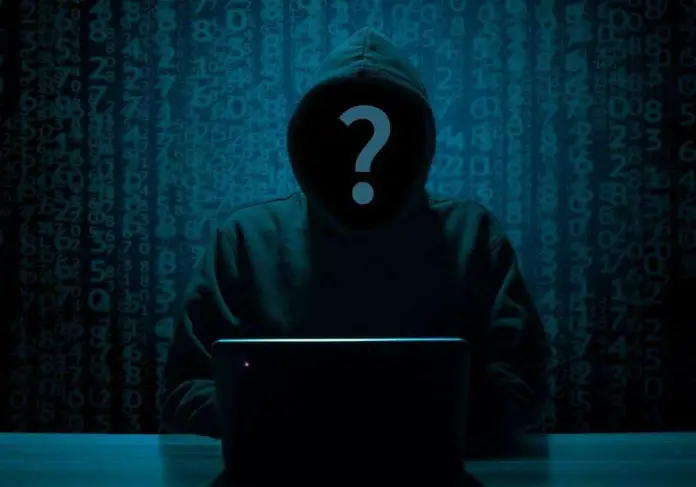Pakistan has a long history of addressing problems, whether they are internal or external. The past ten years have seen a shift in issues, where you may now be threatened, harassed, or given trouble with only one audio, video, or image leak.
Even superpowers are finding it more difficult to deal with the rise of the internet and the new age term called “fifth-generation warfare”.
Pakistani courts ruled that phone tapping violated the right to privacy that is guaranteed by the constitution of the country. Frequent audio leaks demonstrate that call-tapping, which is unlawful, continues in spite of the court ruling and that governments no longer have control over the factors that monitor even the powerful.
Phone tapping is prohibited to the degree that it violates people’s rights to privacy, freedom of speech, and liberty. Call-tapping is illegal in many countries unless it is authorized by the courts for the purpose of gathering evidence or identifying criminals and terrorists.
Recent phone call leaks and possible bug installation at a meeting presided over by the Prime Minister of Pakistan raise serious concerns about our national security and the reliability of the people in charge of such affairs.
The necessity to leak private conversations is the first problem that has to be explored. The issues in those leaked calls are many and contentious.
How can the average person feel secure when the national security of our nation and the Prime Minister’s Office is for sale on the dark web? Random Twitter accounts are making millions of dollars selling PMO audio leaks, which is a serious stain on government credibility.
There are four ways to look at this whole scandal – who recorded the meetings and phone calls; who released the recordings; how the information got to the unidentified hackers; what possible justifications there could be.
Sadly, in Pakistan, spying is used to monitor and influence judges, legislators, and other public figures to show the power few authorities possess. This practice should not only be condemned but also needs to be addressed by legislators in both houses.
Another important question is how it ended up in the wrong hands and was leaked. This could be due to carelessness on the part of someone who may have recorded the information for use in the future but failed to keep it secure, or it could have been done to illustrate who is in charge and how no one is safe.
Because there is no end to the lunacy, politicians always adopt some form of cyber harassment when in power to keep their opponents in check, never realizing that this behavior may one day compromise national security. He will be the one to hold all the secrets after you have placed someone in a position to keep an eye on them. It is time for lawmakers to unite and make a collective decision to put a stop to unwanted surveillance.







